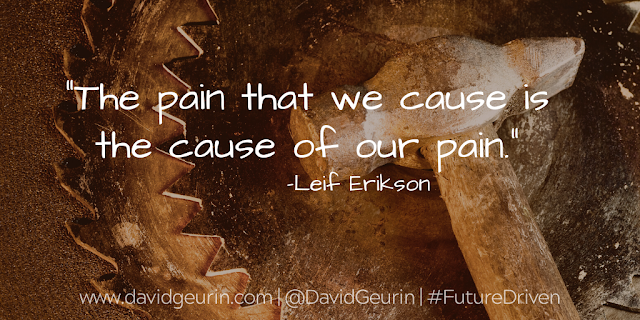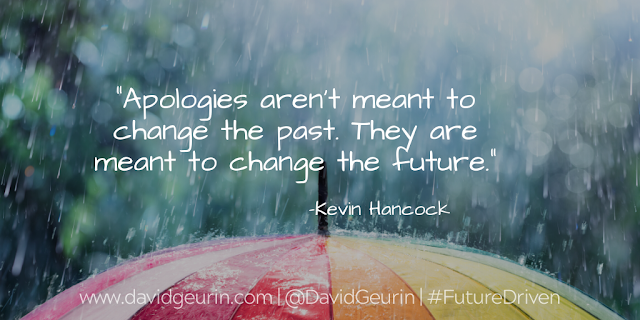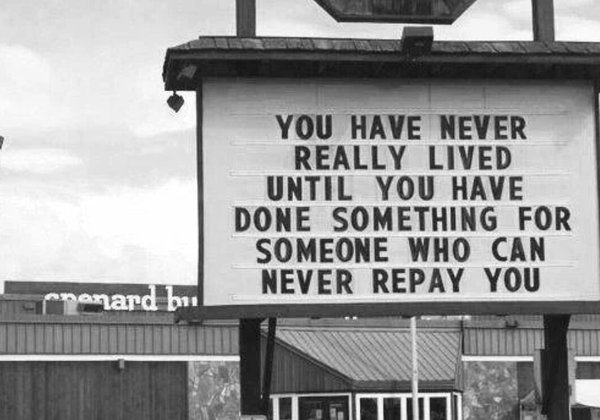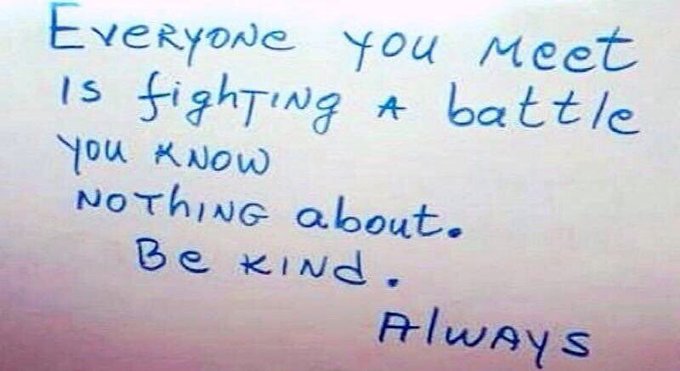Earlier this month, we hosted a CharacterStrong training in our school. Our presenter was Houston Kraft, CharacterStrong co-founder. He was amazing with the teachers, staff, and even a few students who attended.
After the day concluded, I couldn't stop thinking about how we must bring more of this type of hope, energy, and connection to the daily life of our school. All schools need this work. It's truly an amazing experience!
As Houston shared with the group, one other idea really jumped out at me from the day. I was reminded just how powerful our lens can be. Our paradigm or perspective can have a powerful impact on the people we interact with.
It's true that how we see others, including our students, makes a huge difference in how they see themselves. Let me say that again, how you see your students influences how students will see themselves.
So consider this question Houston presented. Do you see your students as probabilities or as possibilities? Do you see their strengths and what's possible for them? Or, do you only see the deficits, challenges, and shortcomings? Do you only see what's probable for them based on how they show up today? Or what might be in their background?
After all, it's easy to build a case for how another person will behave or what they will achieve in the future. We know that in general past performance is often a good predictor of future performance. It's also easy to judge on other factors that limit our students and what they can accomplish.
However, if we want to add value, win hearts and minds, or be agents of change in our relationships, we have to see others for who they are becoming, not just for who they are right now. We have to see them as possibilities and not just probabilities. We have to see them as future world changers, as leaders, as influencers, as difference makers.
And then we need to encourage them, provide experiences for them, and offer opportunities for them to rise up. How we view others has a big impact on how they view themselves.
5 Ways to See Students as Possibilities
1. Notice their strengths and reinforce them every chance you get.
Every child in every school needs to hear an encouraging word every day. We need to build on the strengths of our students while simultaneously challenging them to stretch themselves to do hard stuff.
2. Give them opportunities to lead and have responsibilities.
I love this quote from Booker T Washington...
“Few things can help an individual more than to place responsibility on him, and to let him know that you trust him.” -Booker T. Washington
What are ways you can give a student responsibility and demonstrate your trust in him or her?
3. Listen to your students and respect their voice, background, and culture.
We need to be very careful about placing judgments on students because of our differences. Instead, we need to listen with caring and curious hearts. We need to recognize we're not there to rescue, fix, or determine their future. We're there to help, support, and influence them as they discover the story they want to create with their lives.
4. View mistakes as learning opportunities.
When we view mistakes as learning opportunities, we are far less likely to sort students or determine what's possible for them based on how they show up right now. Many highly accomplished people have leveraged their challenges, failures, and shortcomings to do amazing things in life. Maybe your student will be one of those stories. And your belief in them can make the difference.
5. Never crush a child's dream.
Yeah, we all know the odds of making it to the NBA are very slim. But my job as an educator is not to remind kids of what they can't do. Encourage their dreams. But at the same time, hold them accountable to the value of other things along the journey too. NBA players need to be coachable, they need to be learners, and they need to solve problems and use their thinking skills. So good news...my classroom can help you get ready for the NBA!
What other tips do you have for seeing students as possibilities? I want to hear from you. Leave a comment below or respond on Facebook or Twitter.


















